US bid to form war coalition in tatters as Germany renounces arms for Ukraine
Ukraine has accused Germany of encouraging Russia to invade it by refusing to provide military support to Kyiv and blocking others from sending arms.
Germany, which has refused to send weapons to Ukraine, is reportedly blocking Estonia from providing German-origin military support to the country which is locked in a brewing crisis with Russia.
The Wall Street Journal reported on Saturday that Berlin has refused to issue permits so that Estonia can export weapons to Ukraine.
“German partners must stop such words and actions to undermine unity and encourage Vladimir Putin to a new attack on Ukraine,” Ukrainian Foreign Minister Dmytro Kuleba said Sunday.
German government officials have said they oppose sending weapons to Ukraine as they fear that such deliveries could push tensions higher and make negotiations more difficult.
“We have to do everything to de-escalate. Currently, arms deliveries would not be helpful in this respect. There is agreement on this in the German government,” German Defense Minister Christine Lambrecht said.
On Saturday, the Ukrainian Foreign Ministry summoned the German ambassador to protest comments by the head of the German navy in support of President Putin.
Speaking to a think-tank discussion in India on Friday, the video of which was later posted on the social media, Vice Admiral Kay-Achim Schoenbach said Putin deserved respect and that Ukraine would never be able to reclaim Crimea, which joined the Russian Federation following a referendum in 2014.
Schoenbach tendered his resignation on Saturday after facing sharp rebukes. The Ukrainian foreign minister called on Germany to publicly reject the navy chief’s comments.
Other NATO members, including Britain and Poland, have agreed to directly send arms to Ukraine, including handguns, ammunition, and anti-tank weapons.
Estonia, Latvia, and Lithuania on Saturday pledged support to Ukraine and announced plans to send American weaponry to the country.
On Wednesday, US State Department sources said Washington had granted permission to the trio to send US-made anti-tank and anti-aircraft missiles as well as other armaments to Ukraine.
The first shipment of the United States' $200 million military package for Ukraine arrived in Kyiv Saturday.
The delivery followed US Secretary of State Antony Blinken's visit to Kyiv this week and his Friday talks with with Foreign Minister Sergei Lavrov in a bid to lower temperature amid simmering tensions over Ukraine.
But the arrival of the US military aid in Kiev put the kibosh on those hopes.
The US, its NATO allies, and Ukraine have accused Moscow of amassing troops near Ukraine's border for a possible invasion. Russia has said there is no such plan and that its troop deployment is a response to NATO's eastward expansion.
Earlier this month, Russia held a series of diplomatic meetings with the US and its NATO allies in Geneva, Brussels, and Vienna over the Ukraine crisis. During the talks, the Russian representatives reiterated Moscow’s position that its demand for security guarantees be taken seriously.
During the talks, Russian officials made it clear that they were not looking to start any war and had no plan to “invade” Ukraine.
But the Western bloc insists that Putin would ultimately decide on some form of invasion or incursion. Washington believes an attack could now come “at any point” and has sent troops and weapons to Russia’s borders.
Experts say Washington is using the Ukraine crisis as a pretext to further its policy of attempting to restrain Russia and China. In doing so, the US has undermined Germany’s interests in completing the Nord Stream 2 gas pipeline project.
Nord Stream 2 gas pipeline is a vast network of offshore natural gas pipelines in Europe, running under the Baltic Sea from Russia to Germany. In November 2020, the US government slapped fresh sanctions on a company involved in the Nord Stream project in a bid to exert more pressure on Moscow.
The pipeline was completed in September, but is awaiting approval from German and European Union regulators, and some politicians - in Germany and abroad - have said it should be blocked due to several policy disagreements with Russia.
The project has been a focal point of tensions between Moscow and Washington. Russia says the project could provide relief to the European gas market, which has been grappling with tight supplies and soaring prices.
However, the United States is strongly against the project, claiming that the pipeline will increase Europe’s reliance on Russian energy. Other European governments say the link is vital to secure Europe’s energy supplies, with gas prices surging in the continent in recent weeks.
Hamas open to any proposal aiming to end Gaza war: Hamdan
Role of private sector in Iran’s thriving space industry
Four Palestinians killed in Israeli strikes on West Bank
Iran warns of ‘calculated, precise’ response to Israeli aggression
After year-long genocide, Israeli military hires private firms to flatten buildings in Gaza
Malaysia working on resolution to expel Israel from United Nations
Israeli military made no territorial gain in Lebanon: Report
VIDEO | 70 Palestinians killed in Israeli strikes across Gaza Strip


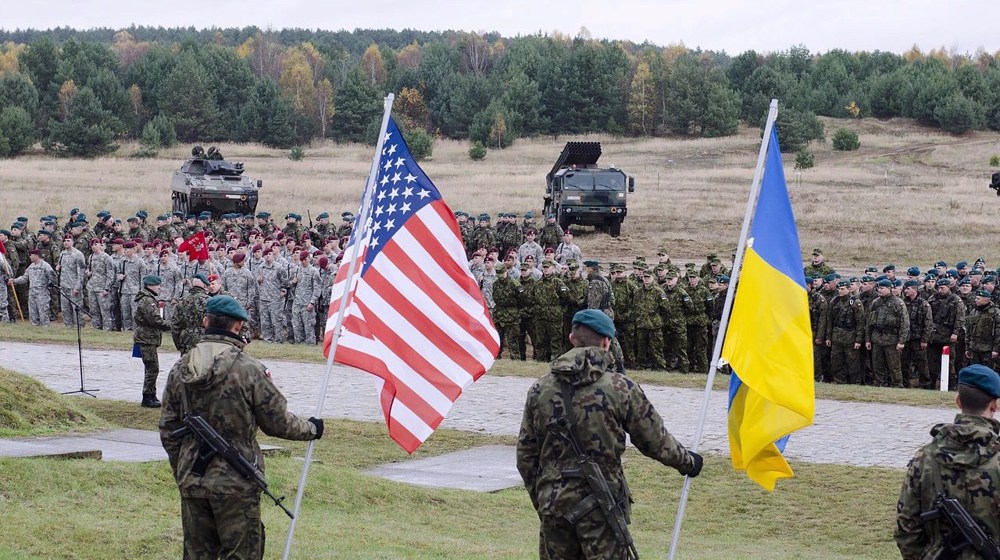
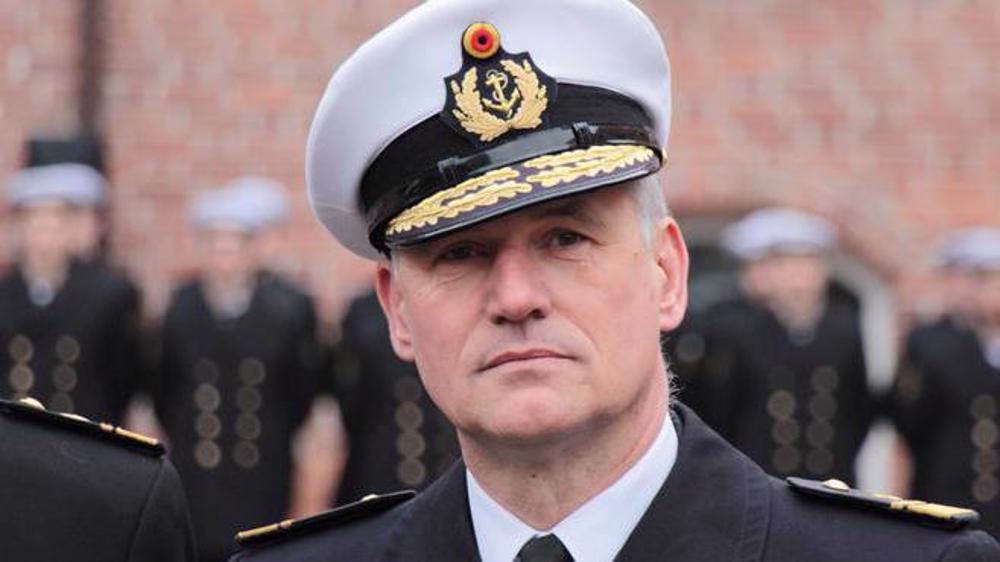
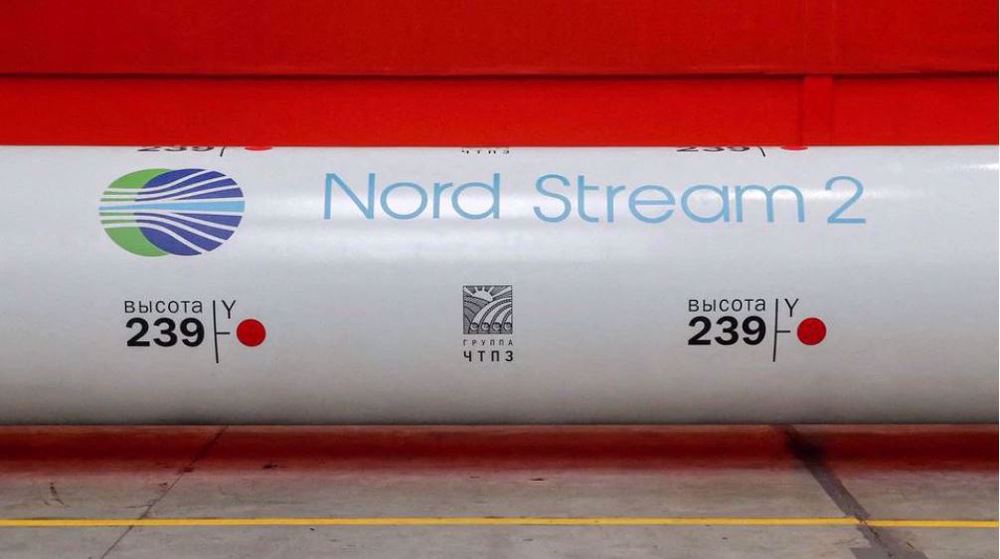
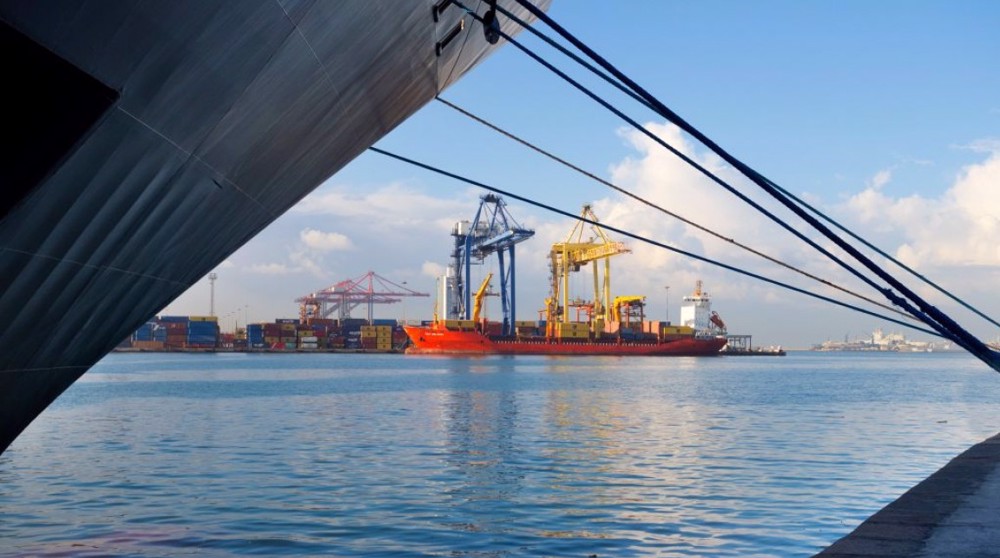
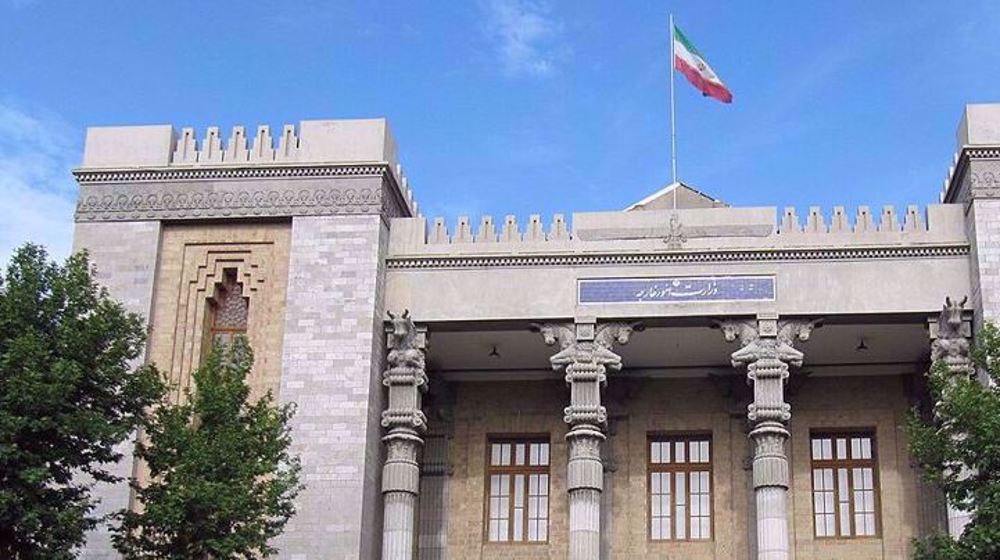
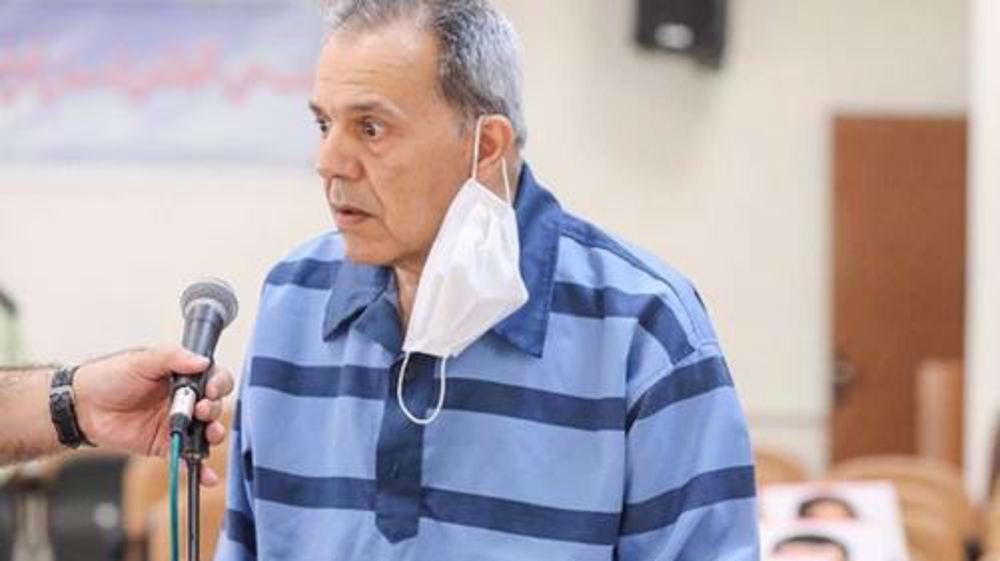



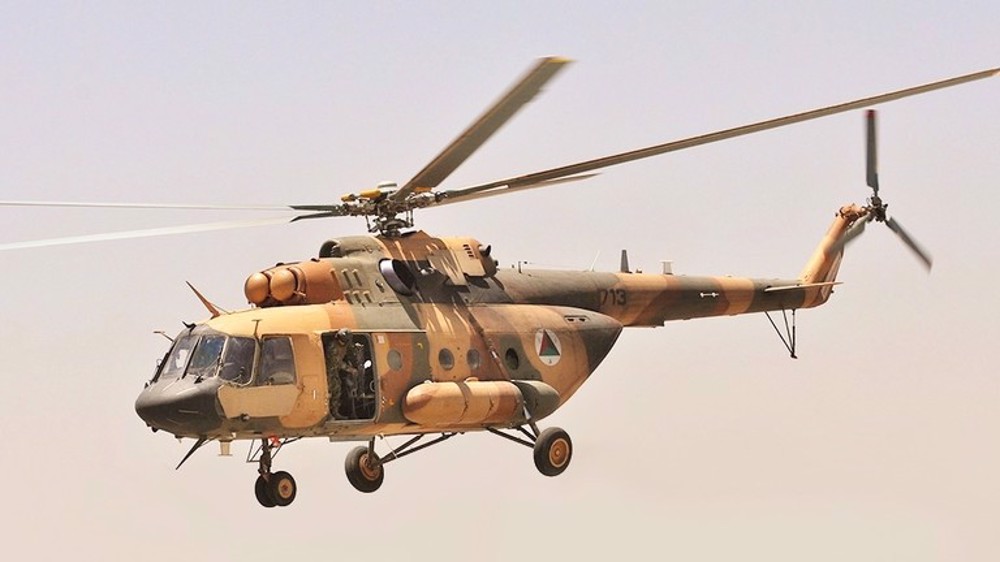
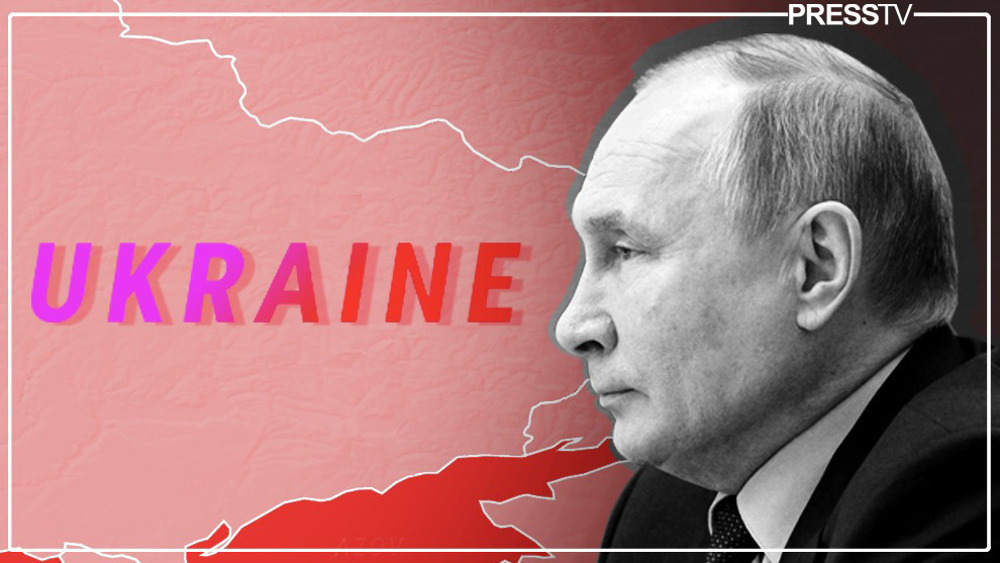
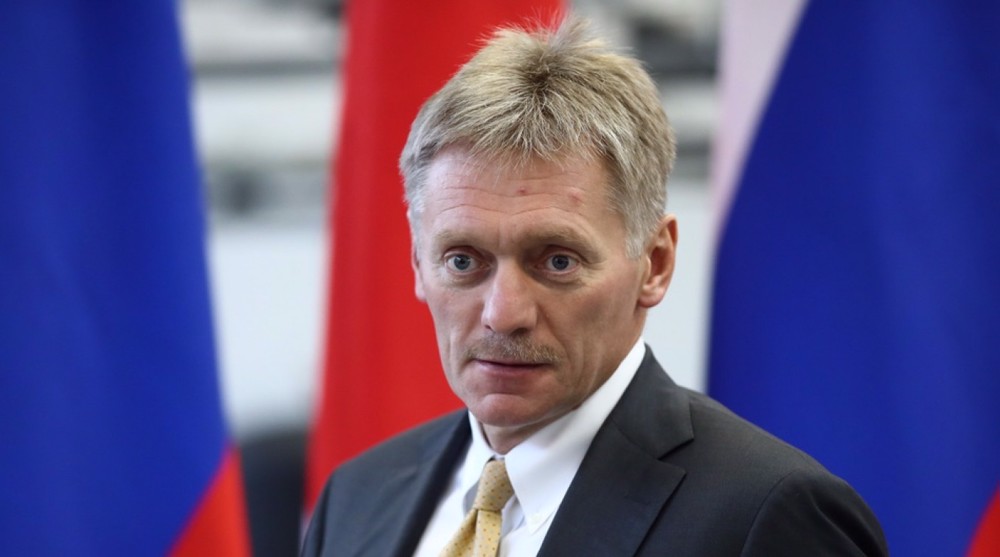
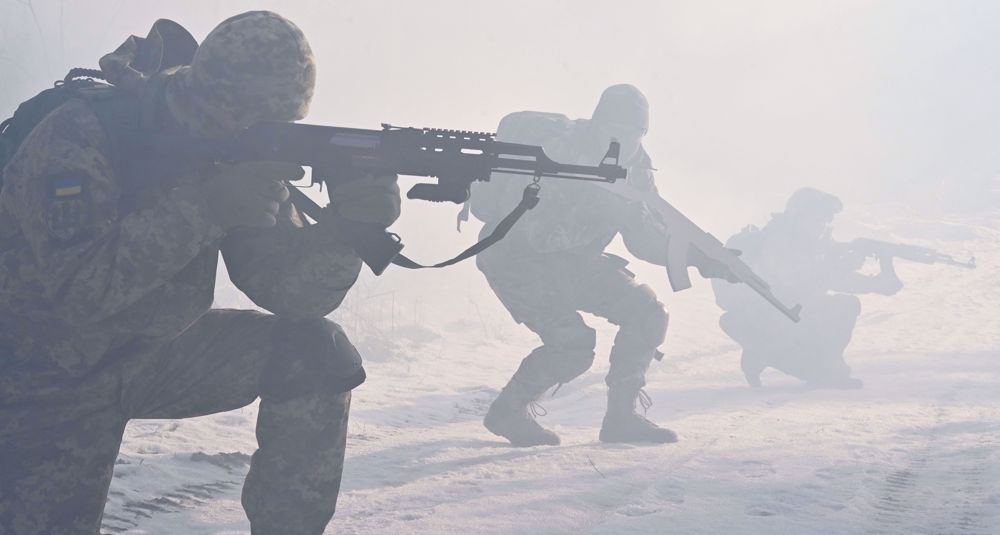
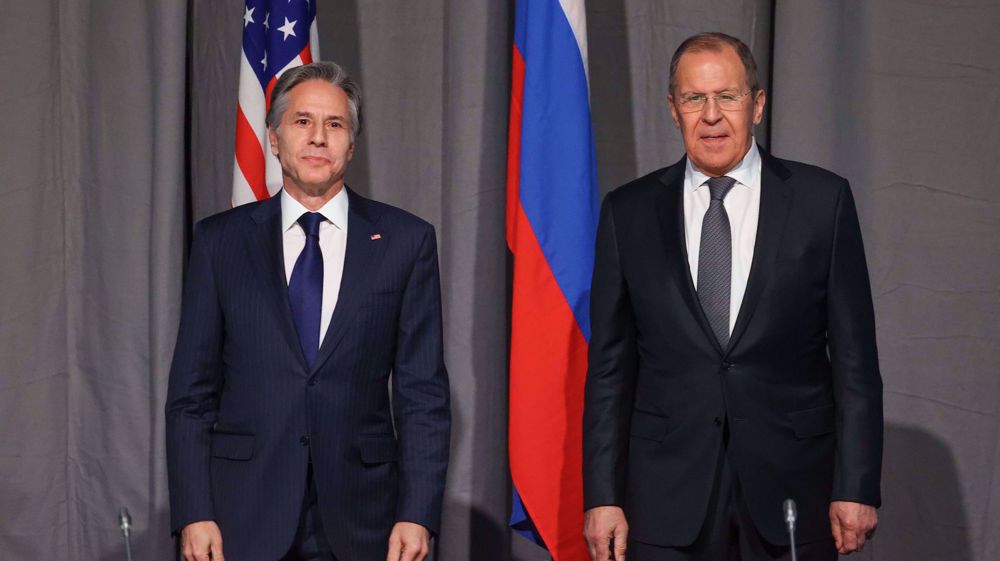

 This makes it easy to access the Press TV website
This makes it easy to access the Press TV website